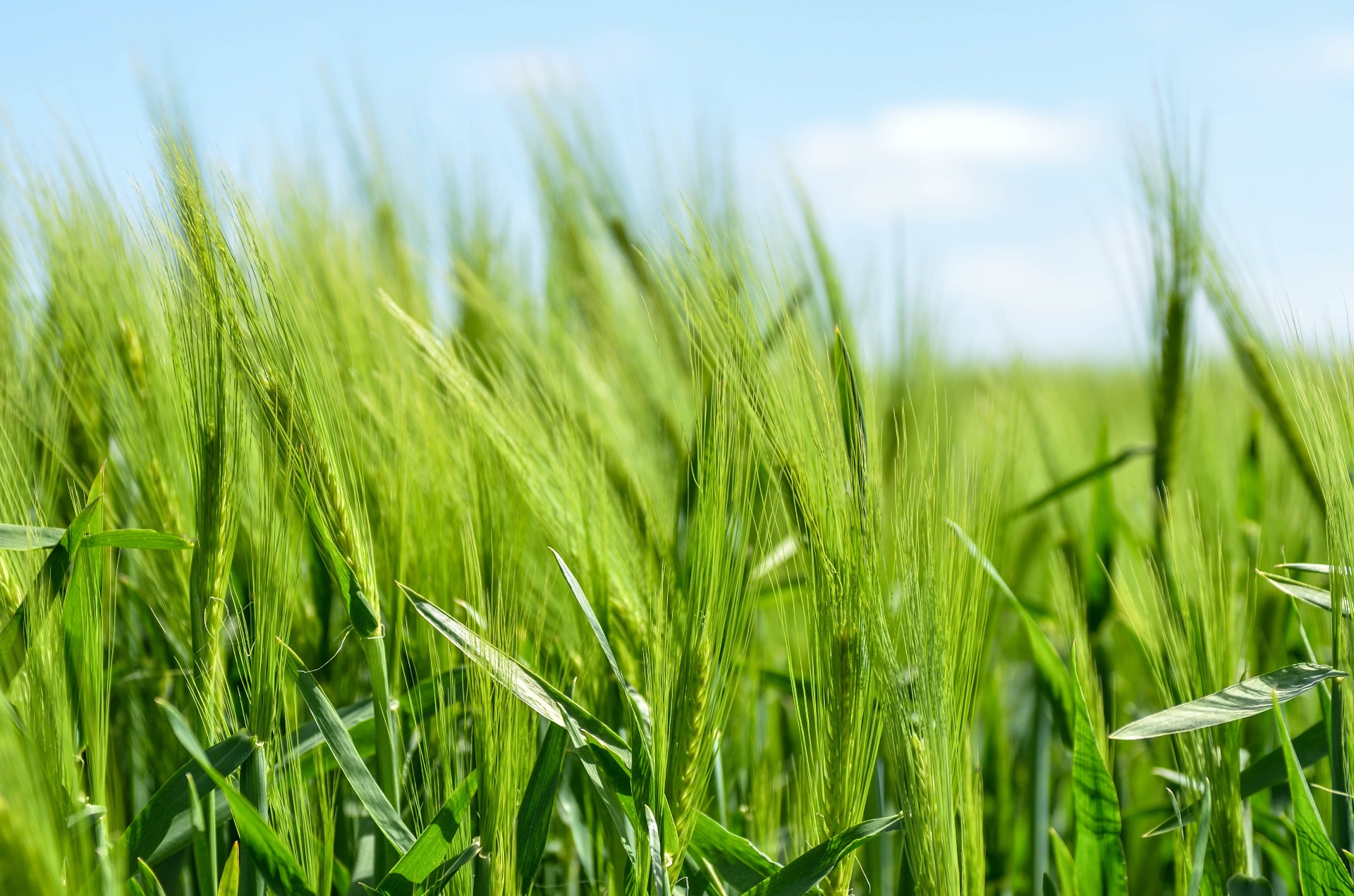How to create an ecological household

When we talk about creating an eco-friendly home, adopting a vegan lifestyle isn't just a dietary choice—it's a profound commitment to sustainability and compassion.
Imagine your life as a tree. Each choice you make is a branch, and when you choose veganism, each leaf is a token of kindness towards the planet, animals, and even your own health.
Let's delve deep into how a vegan lifestyle can become an integral part of your ecological sanctuary.
Understanding the Impact of Veganism
First, let's understand the environmental impact of animal agriculture. According to the Food and Agriculture Organization of the United Nations, animal agriculture is responsible for a significant portion of global greenhouse gas emissions.
Even more shocking, it's a leading cause of deforestation, habitat destruction, and water pollution.
By switching to a vegan diet, you dramatically reduce your carbon footprint and conserve precious resources like water and land.
Picture this: a single hamburger requires 660 gallons of water to produce, equivalent to showering for two months. By eliminating animal products from your diet, you're essentially saving a small reservoir of water each year. Isn't it astonishing how one simple change can make such a monumental difference?
The Nutritional Landscape
One common concern about veganism is nutrition. However, a well-planned vegan diet can provide all the essential nutrients your body needs.
The key lies in variety and balance. Think of your diet as a colorful palette of fruits, vegetables, grains, nuts, and legumes.
Each color represents a different set of nutrients, all of which contribute to your overall health.
For instance, legumes and nuts are excellent sources of protein.
Leafy greens like spinach and kale are packed with iron and calcium. Incorporating a variety of foods ensures you get a broad spectrum of nutrients.
Consider the story of ultra-marathoner Scott Jurek, who fueled his incredible athletic feats with a vegan diet.
His journey smashing records and conquering grueling races serves as a testament to the power of plant-based nutrition.

Veganism Beyond the Plate
Adopting a vegan lifestyle extends beyond what you eat—it's a holistic approach that encompasses all aspects of your life. Start with your wardrobe.
Opt for clothes made from natural, cruelty-free materials like organic cotton, bamboo, and hemp.
Eschew leather, wool, and silk, and instead choose alternatives like vegan leather (made from polyurethane) and Tencel, a sustainable fabric made from wood pulp.
Take, for example, the brand Stella McCartney, which has revolutionized high fashion with its commitment to vegan and sustainable practices.
By choosing such brands, you not only reduce your environmental footprint but also support companies that are paving the way for a more ethical fashion industry.
Eco-friendly Household Products
Next, let's consider your household products. Many cleaning supplies are laden with chemicals that harm the environment.
Switching to vegan, eco-friendly cleaning products can help reduce this impact. Brands like Seventh Generation and Method offer plant-based cleaners that are as effective as their chemical counterparts but gentle on the Earth.
Imagine your home as a serene forest, each product you use either nurtures or harms this delicate ecosystem.
By choosing eco-friendly products, you're cultivating an environment where nature can thrive.

The Ripple Effect
One of the most beautiful aspects of adopting a vegan lifestyle is its ripple effect.
Your choices inspire others, creating a network of change that extends far beyond your immediate circle. For instance, consider hosting plant-based dinner parties or sharing vegan recipes with friends and family.
Platforms like Instagram and Pinterest are brimming with creative vegan dishes that make the transition not only easy but also exciting.
Visualize a stone thrown into a pond, the ripples expanding outward. Each person you inspire is another ripple, each ripple a step closer to a more sustainable world.
Overcoming Challenges
Transitioning to a vegan lifestyle isn't without its challenges. Social situations, cravings, and misinformation can make the journey seem daunting.
However, with a robust support system and access to resources, these challenges can be overcome.
Join local vegan groups, participate in online forums, and follow vegan influencers who share tips and experiences.
A great example is the story of Ella Mills, founder of Deliciously Ella. She transformed her health struggles into a platform that now helps millions embrace plant-based living.
Her journey reminds us that every challenge is an opportunity for growth and transformation.
Conclusion
Incorporating a vegan lifestyle into your eco-friendly home is a powerful statement of intent. It's a declaration that you care deeply about the planet, the animals we share it with, and your own well-being.
Each plant-based meal, every cruelty-free product, and each compassionate choice is a step towards a greener, kinder world.
So, as you stand at the crossroads of choice, remember the tree and its branches.
Each decision you make is a leaf of change, and together, we can cultivate a forest of sustainability and compassion. Welcome to the journey of veganism—where every bite and every purchase is a step towards a brighter, greener future.
